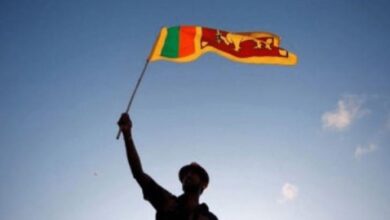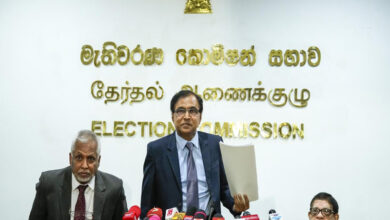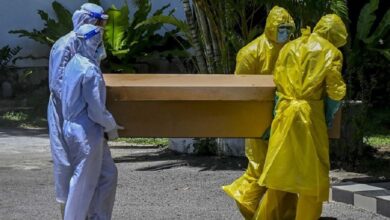Investors allowed to purchase 200 electric buses for operation in Sri lankan WP
There is a global consensus that all public transport in the world should reach zero emission by 2030.

Colombo: Investors have been allowed to purchase 200 electric buses for operations in the Western Province (WP), Transport, Highways and Mass Media Minister Bandula Gunawardena said.
Addressing the media at the Presidential Media Centre under the theme ‘Collective Path to a Stable Country’, he said that this programme will be implemented in accordance with the world agreement where all public transportation worldwide will be free from fossil fuels by 2030.
“Investors have been allowed to import 200 electric buses for the Western Province. For this project, Expression of Interest has been called. It will be implemented as a domestic and foreign joint venture. Also, the investors have been allowed to establish charging points.
The investor would be allowed to operate the project to recover the invested capital. Thereafter, within a certain period, the ownership of the buses will be acquired by the government. Any country in the world including China and Korea could apply for this project. This is an investment opportunity.
There is a global consensus that all public transport in the world should reach zero emission by 2030. Those involved in carbon trading are investing in this to protect the ecosystem. Electric buses bring great value to the environment. Various organizations in the world are paying a high price to protect this value.
Also, all government institutions should be digitized to prevent decrease in income. A cabinet paper has been presented to replace issuance of tickets with electronic cards. When you transact using advanced technology such as card or QR system instead of cash, you could increase the income of each of these institutions by at least 50%.
Institutions such as the Inland Revenue Department, Customs, Excise Department, Railways, Sri Lanka Transport Board, etc. can be rebuilt through modern technology. Without it, the government cannot bear the burden. Many changes have been made to the railway system.
A shipment of rail tracks has been brought to the port after 4 years under the loan assistance of the Asian Development Bank. The railway line from Colombo to Panadura is in a state of dilapidation. Coastal railway tracks need to be replaced at least every 5 years. As a result of the dilapidated railway lines, the trains have to run at a reduced speed, causing delays for commuters who have to report for duty on time.
Therefore, the restoration work of the railway track from Colombo to Panadura will commence within the next few days. The northern railway line was temporarily closed since January to upgrade the tracks from Anuradhapura to Kankasanthurai. Further upgrades are scheduled on this northern track from Mahawa to Anuradhapura in January 2024. Once these upgrades are completed, trains on the northern track would be able to operate at a speed of 100km per hour from Colombo to Kankasanthurai.
A loan agreement is to be signed under Indian loan assistance for the modernization of the signalling system. A renovation process to increase the speed by removing the speed limits of the Kelanivalley railway line will commence from the first week of this month.
If a train carriage is imported from abroad, it costs Rs. 200 million. A Sri Lankan entrepreneur refurbishes a train carriage for Rs. 25 million. Accordingly, it is hoped that the existing railway carriages will be renovated through the upcoming budget.
Employees are impressed with our program. The trade unions are now supporting us. We also get their support in dealing with polluters. I appeal to the trade unions not to inconvenience passengers in order to achieve their demands. In the event there are issues that affect them, it could be discussed with the relevant officials where a solution could be found.




![The United Kingdom removed the people who lived in the Chagos Islands to establish the military base. The displaced Chagossians have taken legal action arguing the UK illegally maintains sovereignty over the islands [file: Mike Corder/AP Photo]](https://southasiancorrespondent.com/wp-content/uploads/2024/07/sri-390x220.jpg)